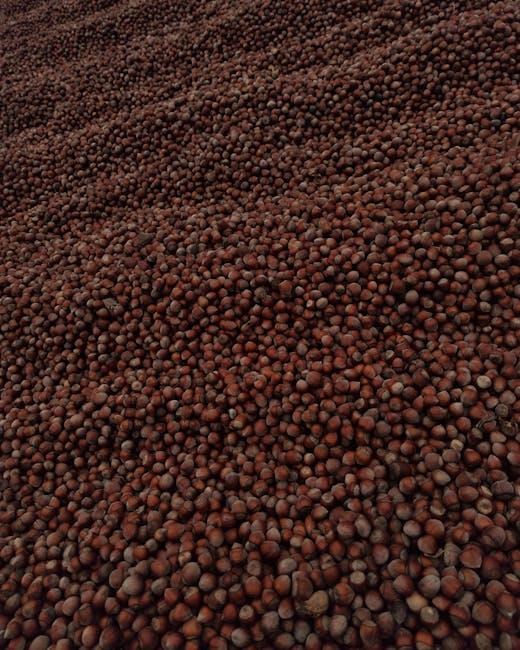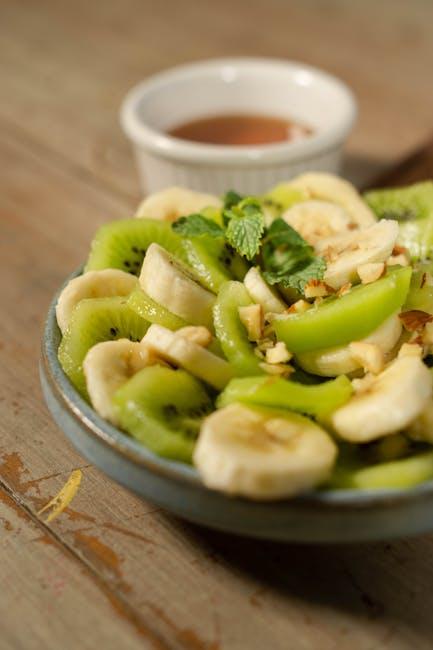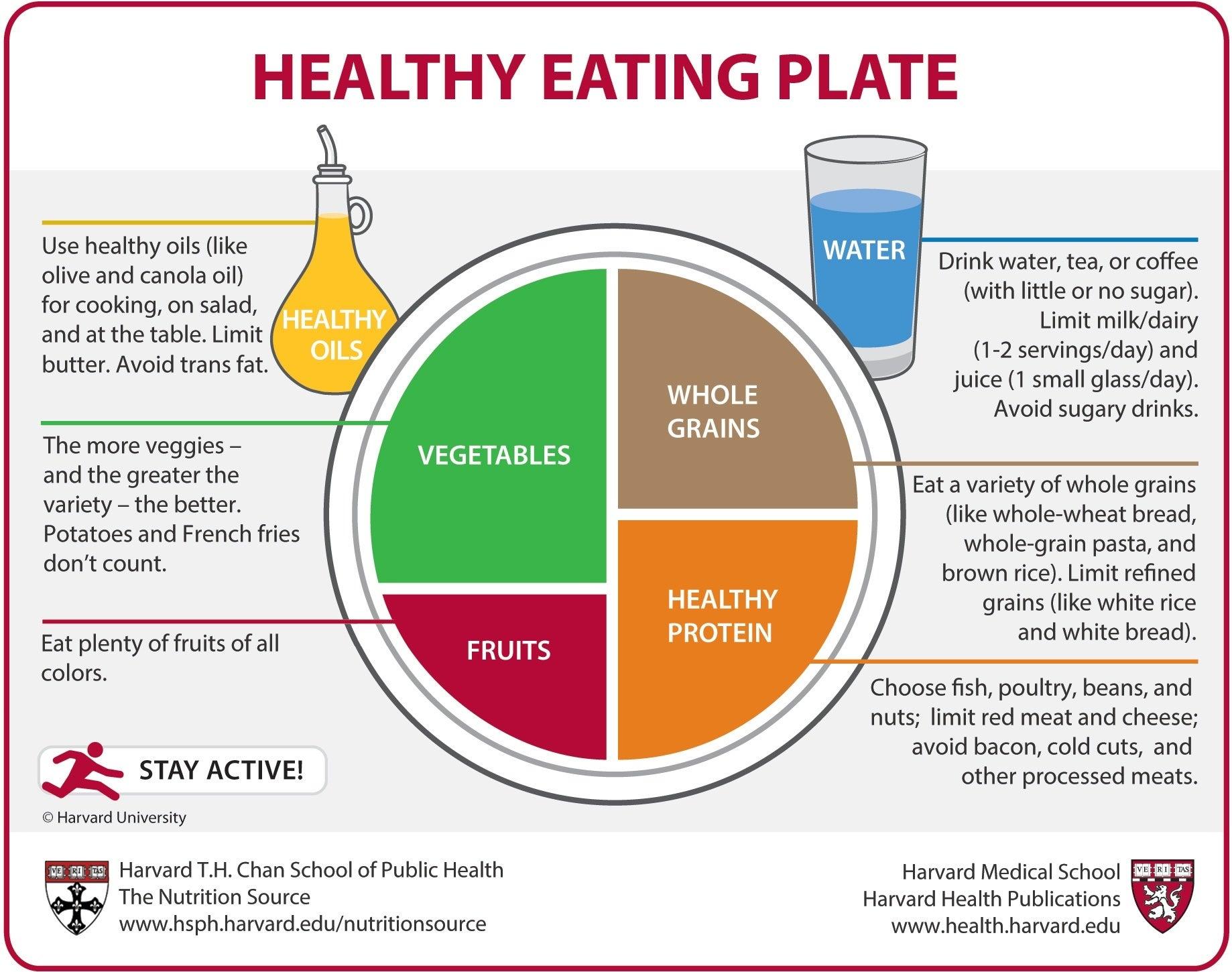In today’s fast-paced world, maintaining fitness and health can often seem like an elusive goal. However, achieving optimal well-being doesn’t require complicated regimens or restrictive diets. The key lies in embracing a balanced, nutrient-dense diet that fuels your body with the essential vitamins and minerals it needs to thrive. This article will guide you through the fundamental principles of crafting a diet that not only supports your fitness goals but also enhances your overall health. With practical tips and expert insights, you’ll learn how to make informed food choices that empower you to stay fit and vibrant, no matter your lifestyle. Prepare to embark on a journey towards a healthier, more balanced you, with the confidence that comes from understanding the profound impact of nutrition on your body’s performance and longevity.
Understanding Nutrient Density and Its Role in Fitness
Nutrient density refers to the concentration of essential nutrients in a food relative to its calorie content. Foods rich in vitamins, minerals, and other beneficial compounds, yet low in calories, form the backbone of a nutrient-dense diet. Incorporating these foods into your fitness routine can significantly enhance performance, recovery, and overall well-being. Consider the following benefits:
- Enhanced Energy Levels: Foods like leafy greens, whole grains, and lean proteins provide sustained energy for workouts and daily activities.
- Improved Recovery: Antioxidant-rich fruits and vegetables help reduce inflammation and speed up recovery time.
- Optimal Muscle Function: Nutrients such as magnesium, calcium, and potassium are crucial for muscle contraction and relaxation.
- Balanced Hormones: Healthy fats from sources like avocados and nuts support hormone production and balance.
By focusing on nutrient-dense foods, you not only fuel your body efficiently but also lay a strong foundation for a sustainable and effective fitness journey.
Crafting a Balanced Meal Plan for Optimal Health
To craft a meal plan that supports optimal health, focus on incorporating a diverse range of whole foods that provide essential nutrients. Prioritize variety to ensure you’re getting a comprehensive mix of vitamins, minerals, and antioxidants. Aim to fill half your plate with colorful vegetables and fruits, as they are rich in nutrients and fiber. The other half should be a balance of lean proteins and whole grains, which provide sustained energy and support muscle health.
- Choose whole grains like quinoa, brown rice, or whole wheat bread over refined grains.
- Incorporate healthy fats such as avocados, nuts, and olive oil to support brain function and heart health.
- Opt for lean protein sources like chicken, fish, beans, or tofu to aid in muscle repair and growth.
- Include a variety of herbs and spices to enhance flavor without added salt or sugar.
- Stay hydrated with plenty of water and limit sugary drinks to maintain energy levels and support overall health.

Incorporating Superfoods for Enhanced Vitality
Boosting your energy levels and overall health can be as simple as integrating superfoods into your daily meals. These nutrient powerhouses are packed with essential vitamins, minerals, and antioxidants that can help you feel more vibrant and alive. Consider adding the following superfoods to your diet:
- Kale: This leafy green is rich in vitamin K, vitamin C, and antioxidants, helping to combat inflammation and promote heart health.
- Chia Seeds: Packed with omega-3 fatty acids, fiber, and protein, chia seeds support digestive health and provide sustained energy.
- Blueberries: Known for their high antioxidant content, blueberries can help improve brain function and reduce the risk of chronic diseases.
- Quinoa: A complete protein source, quinoa is also rich in iron and magnesium, making it an excellent base for a balanced meal.
- Avocado: This creamy fruit is loaded with healthy fats and potassium, essential for maintaining heart health and electrolyte balance.
By thoughtfully incorporating these superfoods into your meals, you can enhance your vitality and enjoy a nutrient-dense diet that supports a fit and healthy lifestyle.
Practical Tips for Sustaining Your Nutrient-Rich Diet
Maintaining a diet that is both balanced and nutrient-dense can be straightforward with a few practical strategies. Start by prioritizing whole foods over processed options. Whole foods are packed with essential nutrients and offer more vitamins and minerals compared to their processed counterparts. Incorporate a variety of colorful fruits and vegetables into your meals, as they are not only visually appealing but also rich in antioxidants and phytonutrients. Lean proteins such as chicken, fish, and plant-based options like beans and lentils should be staples in your diet, providing the necessary amino acids for muscle repair and growth.
- Plan your meals: Take time each week to map out your meals. This helps ensure a diverse intake of nutrients and reduces the temptation to reach for less healthy options.
- Stay hydrated: Water is essential for nutrient absorption and digestion. Make it a habit to drink plenty of water throughout the day.
- Mindful eating: Pay attention to your hunger cues and eat slowly to fully enjoy your food. This practice can prevent overeating and promote better digestion.
- Snack smart: Opt for nutrient-rich snacks like nuts, seeds, or yogurt instead of sugary or salty snacks.
By integrating these practical tips into your daily routine, you can effortlessly sustain a nutrient-rich diet that supports your fitness goals and overall well-being.




